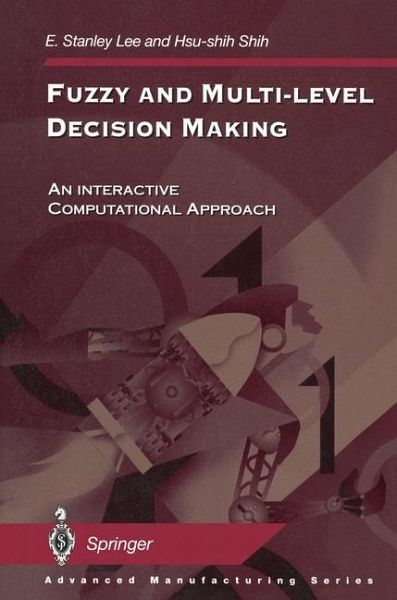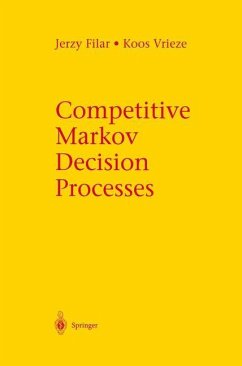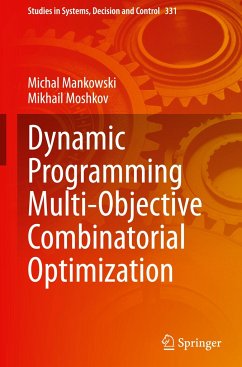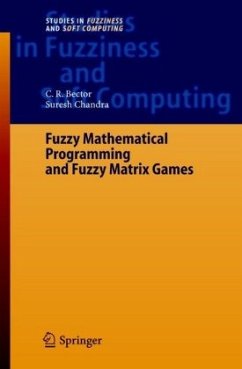
Fuzzy and Multi-Level Decision Making
An Interactive Computational Approach

PAYBACK Punkte
39 °P sammeln!
Managerial Decisions in hierarchy organizations, such as the various manufacturing and service companies, are difficult to formalize and even more difficult to optimize. By exploring the typical fuzziness, vagueness, or the "not-well-defined" nature of such organizations, this book presents the first comprehensive treatment of this difficult and practically important problem. The advantages of the proposed fuzzy interactive approach are that it significantly reduces computational requirements. Equally, the representation of the system is made more realistic through the recognition of the inher...
Managerial Decisions in hierarchy organizations, such as the various manufacturing and service companies, are difficult to formalize and even more difficult to optimize. By exploring the typical fuzziness, vagueness, or the "not-well-defined" nature of such organizations, this book presents the first comprehensive treatment of this difficult and practically important problem. The advantages of the proposed fuzzy interactive approach are that it significantly reduces computational requirements. Equally, the representation of the system is made more realistic through the recognition of the inherent fuzziness of such large organizations. Both the multi-ploy and the game-like decision making processes, also known as multi-level programming and the fuzzy interactive approach, are discussed in detail. The emphasis is on numerical algorithms and numerous examples are solved and compared. The concepts of fuzzy set and fuzzy linguistic representation, which form an integral part of any managerial decision, are also discussed.














